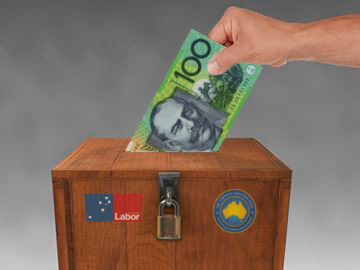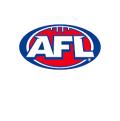Election caps outlined
 Labor has proposed major electoral reforms to curb large political donations while increasing public election funding.
Labor has proposed major electoral reforms to curb large political donations while increasing public election funding.
A bill set for introduction in Parliament this week represents the most significant overhaul of funding laws in more than a decade.
The proposal caps donations to candidates at $20,000 annually, with a $600,000 aggregate limit across parties and candidates per donor, including corporations and unions, under an “anti-avoidance provision”.
Campaign spending would also be restricted to $800,000 per candidate and $90 million nationwide per party.
“Years of inquiries and evidence from multiple elections show us that the biggest weakness to our electoral system is big money influencing our political system,” Special Minister of State Don Farrell has told reporters.
The reforms include near real-time disclosure of donations, slashing the threshold from $16,900 to $1,000. Disclosures would occur monthly, increasing to daily updates in the week before and after polling day.
To offset compliance costs, taxpayer funding per vote would rise from $3.346 to $5.
This increase would deliver significant boosts to major parties, with Labor and the Coalition each potentially gaining $20 million based on past performances.
Mining magnate Clive Palmer, who spent over $100 million during the last election, has criticised the plan and pledged to raise a High Court challenge.
He says the changes are an attempt to “rig elections”.
Independents, including Senator David Pocock, have expressed concerns about the short timeline for debate, labelling it a “major party stitch-up”. The Greens similarly warned against reforms that could entrench advantages for major parties.
But Farrell has dismissed claims of bias, arguing the reforms would enhance democratic fairness.
“The Australian electoral system should not work on the basis that the only people who can be elected... are sponsored by billionaires,” he said.
The government aims to pass the bill within a fortnight, citing tentative Coalition support. However, Senate approval remains uncertain as crossbenchers deliberate.
The reforms, including penalties for violations, are scheduled for implementation after the 2025 election.
Labor’s proposal also includes truth-in-advertising laws for political campaigns, though these lack Coalition backing and are unlikely to proceed this year.







 Print
Print



